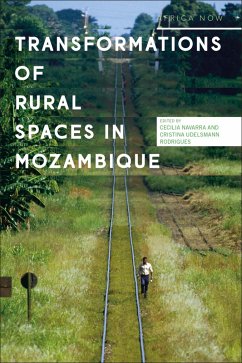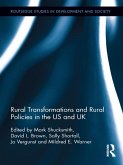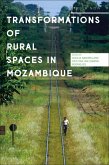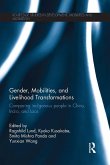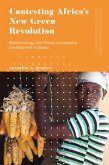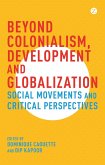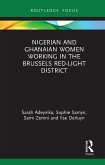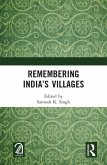With contributions from both Mozambican and non-Mozambican scholars of multi-disciplinary backgrounds and approaches, this book provides a range of new perspectives on how Mozambique has been characterized by profound changes in its rural communities and places.
Despite the persistence of poverty in Mozambique, significant investments have been made in rural areas in extractive industry or agribusiness, resulting in both the transformation of these areas, and a new set of tensions and conflicts related to land tenure and population resettlement. Meanwhile, the Mozambican rural landscape is one dominated by smallholders whose livelihoods depend on both farming and non-farming activities, and who are often extremely vulnerable to shocks and pressure over resources. The emergence of new civil society organizations has led to clashes with in the interests of local political, administrative and economic powers, creating fresh social conflicts.
Transformations of the Rural Spaces in Mozambique examines the process of transformation across a range of settings; from the impacts of large-scale industries and the transformation of agriculture, to relations between state and non-state actors and issues related to land.
Despite the persistence of poverty in Mozambique, significant investments have been made in rural areas in extractive industry or agribusiness, resulting in both the transformation of these areas, and a new set of tensions and conflicts related to land tenure and population resettlement. Meanwhile, the Mozambican rural landscape is one dominated by smallholders whose livelihoods depend on both farming and non-farming activities, and who are often extremely vulnerable to shocks and pressure over resources. The emergence of new civil society organizations has led to clashes with in the interests of local political, administrative and economic powers, creating fresh social conflicts.
Transformations of the Rural Spaces in Mozambique examines the process of transformation across a range of settings; from the impacts of large-scale industries and the transformation of agriculture, to relations between state and non-state actors and issues related to land.

